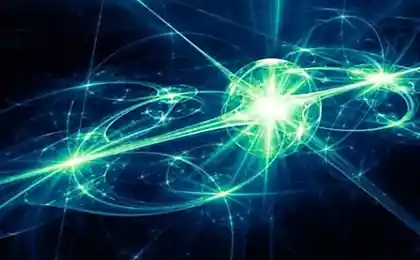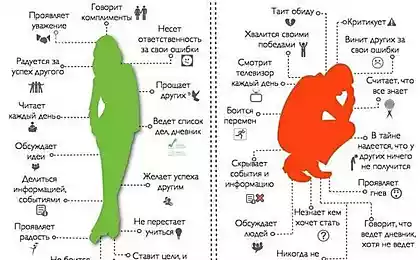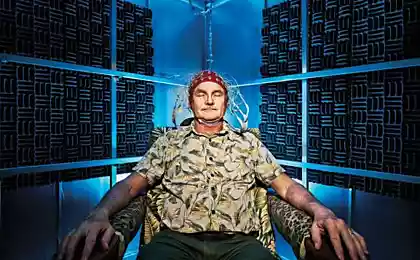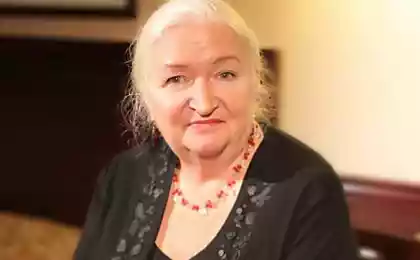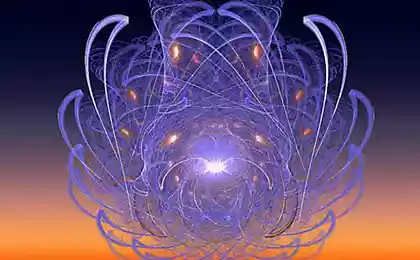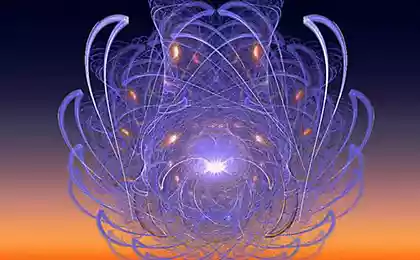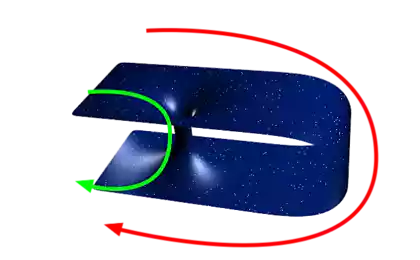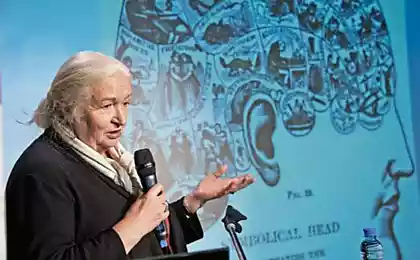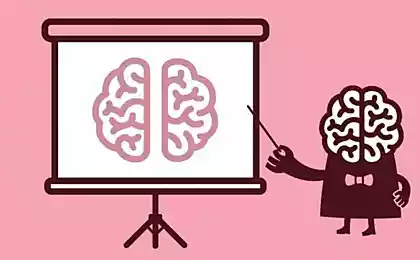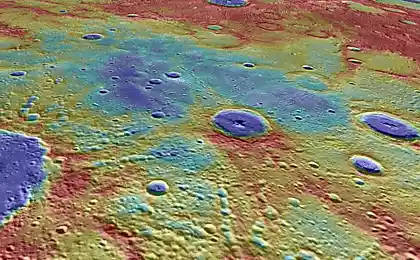477
Magnetic field improves memory
Transcranial magnetic stimulation reaches deep memory centers in the brain and changes them for the better.
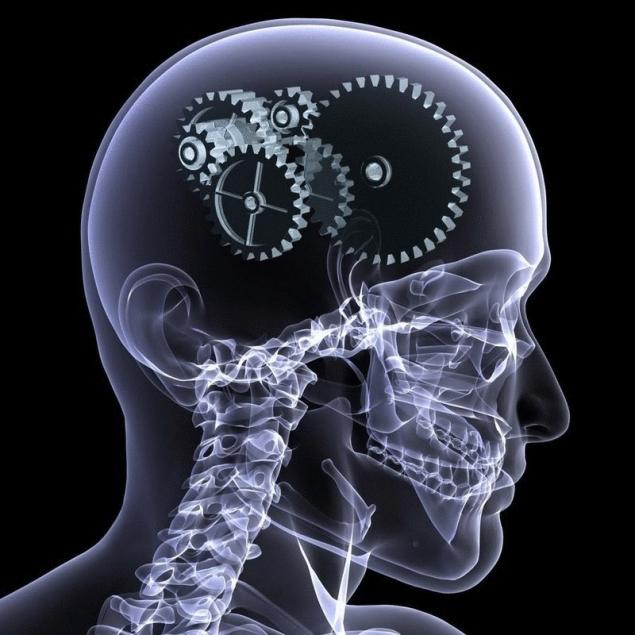
Brain activity can be modified by using focused magnetic fields on it, and you do not even need to do the operation – the method of transcranial magnetic stimulation (TMS) allows you to direct a magnetic field on a particular area of the brain directly through the skull bone. Recently TMS (as well as other kind of stimulation with electrical current) is gaining popularity among neuroscientists. A year ago researchers from the University of Ben-Gurion (Israel) published an article in which he argued that TMS eliminates the urge to smoke for at least six months. It is also known that magnetic stimulation reduces the symptoms of migraine and depression and improves memory: when processing the magnetic field of the brain remember more information.
However, if we talk about the impact of TMS on memory, then almost nobody checked how long is the effect and what changes in the brain in terms of the architecture of neural circuits. To answer both questions tried researchers from northwestern University (USA). They asked 16 volunteers aged 21 to 40 years and with the help of magnetic resonance imaging built for each map of the brain – in particular, neuroscientists interested in the condition of the hippocampus, which is one of the main centers of memory and its connection with the cortex. It is known that when performing memory tests, the hippocampus and parietal cortex are exchanging impulses, but the violation of relationships between them leads to the characteristic cognitive defects, when a person, for example, has not been able to tie together other people's name and appearance.
Then within five days the volunteers were subjected to magnetic stimulation, for 20 minutes each day. After a course of stimulation was a one-day break, after which subjects performed a memory test, the results of which were compared with test results performed prior to stimulation. In an article in Science, the authors write that transcranial magnetic stimulation improved memory by 20-25%. Those whose brain was subjected to magnetic treatment, increasing the number of information channels between the hippocampus and parietal cortex. Improved informational messages helped to synchronize the operation of two neural structures, which in turn was in favor of memory.
It is the first work which clearly shows that magnetic stimulation can reach quite deep areas of the brain and affect their structure and function. However, the question of the long-term effect is still open: it is obvious that it lasts for a day after a stimulating course, but will feel memory after a week or a month? It is also unclear whether it is possible in this way to improve brain function in patients with severe pathologies of the nervous system (e.g. Alzheimer's disease) – isn't that such stimulation does not improve, but also harm their status? No doubt, however, that research in this direction will continue, and it is possible that in the future every student on entrance to the auditorium will give the individual a device for magnetic stimulation of your own brain to optimize it, memory.
Source: nkj.ru

Brain activity can be modified by using focused magnetic fields on it, and you do not even need to do the operation – the method of transcranial magnetic stimulation (TMS) allows you to direct a magnetic field on a particular area of the brain directly through the skull bone. Recently TMS (as well as other kind of stimulation with electrical current) is gaining popularity among neuroscientists. A year ago researchers from the University of Ben-Gurion (Israel) published an article in which he argued that TMS eliminates the urge to smoke for at least six months. It is also known that magnetic stimulation reduces the symptoms of migraine and depression and improves memory: when processing the magnetic field of the brain remember more information.
However, if we talk about the impact of TMS on memory, then almost nobody checked how long is the effect and what changes in the brain in terms of the architecture of neural circuits. To answer both questions tried researchers from northwestern University (USA). They asked 16 volunteers aged 21 to 40 years and with the help of magnetic resonance imaging built for each map of the brain – in particular, neuroscientists interested in the condition of the hippocampus, which is one of the main centers of memory and its connection with the cortex. It is known that when performing memory tests, the hippocampus and parietal cortex are exchanging impulses, but the violation of relationships between them leads to the characteristic cognitive defects, when a person, for example, has not been able to tie together other people's name and appearance.
Then within five days the volunteers were subjected to magnetic stimulation, for 20 minutes each day. After a course of stimulation was a one-day break, after which subjects performed a memory test, the results of which were compared with test results performed prior to stimulation. In an article in Science, the authors write that transcranial magnetic stimulation improved memory by 20-25%. Those whose brain was subjected to magnetic treatment, increasing the number of information channels between the hippocampus and parietal cortex. Improved informational messages helped to synchronize the operation of two neural structures, which in turn was in favor of memory.
It is the first work which clearly shows that magnetic stimulation can reach quite deep areas of the brain and affect their structure and function. However, the question of the long-term effect is still open: it is obvious that it lasts for a day after a stimulating course, but will feel memory after a week or a month? It is also unclear whether it is possible in this way to improve brain function in patients with severe pathologies of the nervous system (e.g. Alzheimer's disease) – isn't that such stimulation does not improve, but also harm their status? No doubt, however, that research in this direction will continue, and it is possible that in the future every student on entrance to the auditorium will give the individual a device for magnetic stimulation of your own brain to optimize it, memory.
Source: nkj.ru




